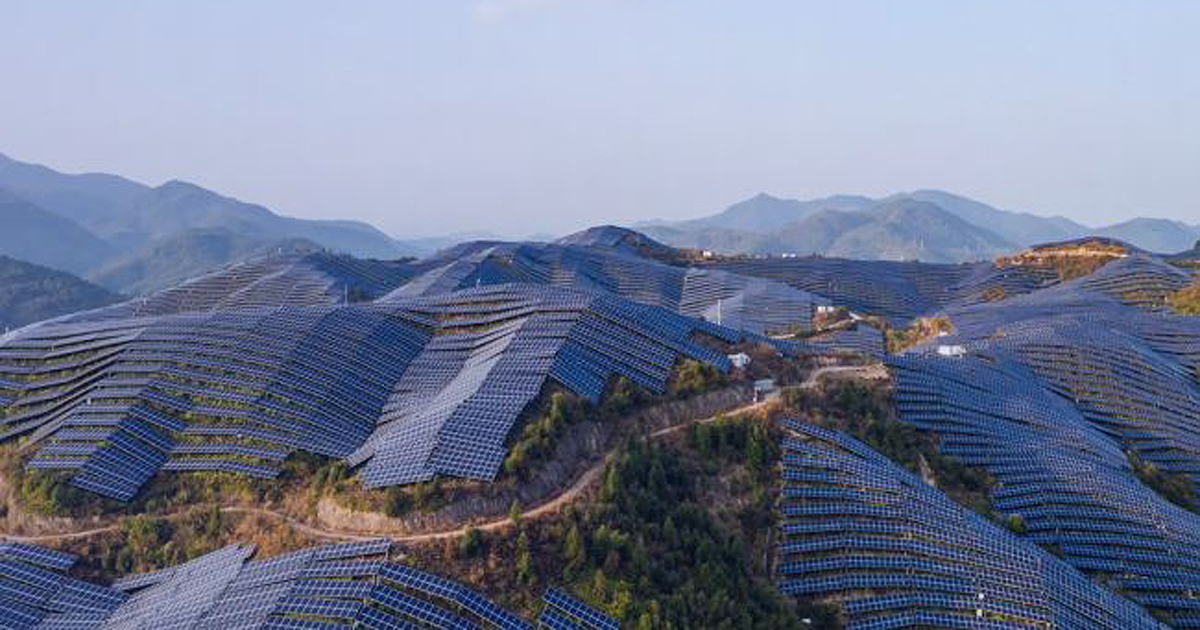Last summer, ERGO and Munich Re's "Tech Trend Radar" covered 44 trends in five topic areas, which we will take a closer look at here on //next in a series before the "Tech Trend Radar 2023" is published soon. We have already analyzed "Wellbeing", "Hyperconnectivity", "Data & AI" and "Cyber & Crypto" in detail, and now we turn to the fifth and final topic area, "Emerging Industries": What are the individual trends behind this?

At the beginning of almost every industry, there was - and still is - a breakthrough technology that creates a market and puts players on the map. When screening technologies for trends that will shape the insurance industry, the creators of the "Tech Trends Radar" ("TTR") therefore also deliberately look left and right at other industries and observe how technologies shape their business - and how this development could affect the insurance sector. By the way, you can find a background interview with the creators of "TTR2022" here.
Details on the eight trends in this trend field can be found below, but first let's remember: The study divides all trends into the four different maturity levels:
But which recommendation applies to what?
BAccording to the “Tech Trend Radar 2022”, insurers should implement the following trend:
Text: Ingo Schenk
Am beliebtesten